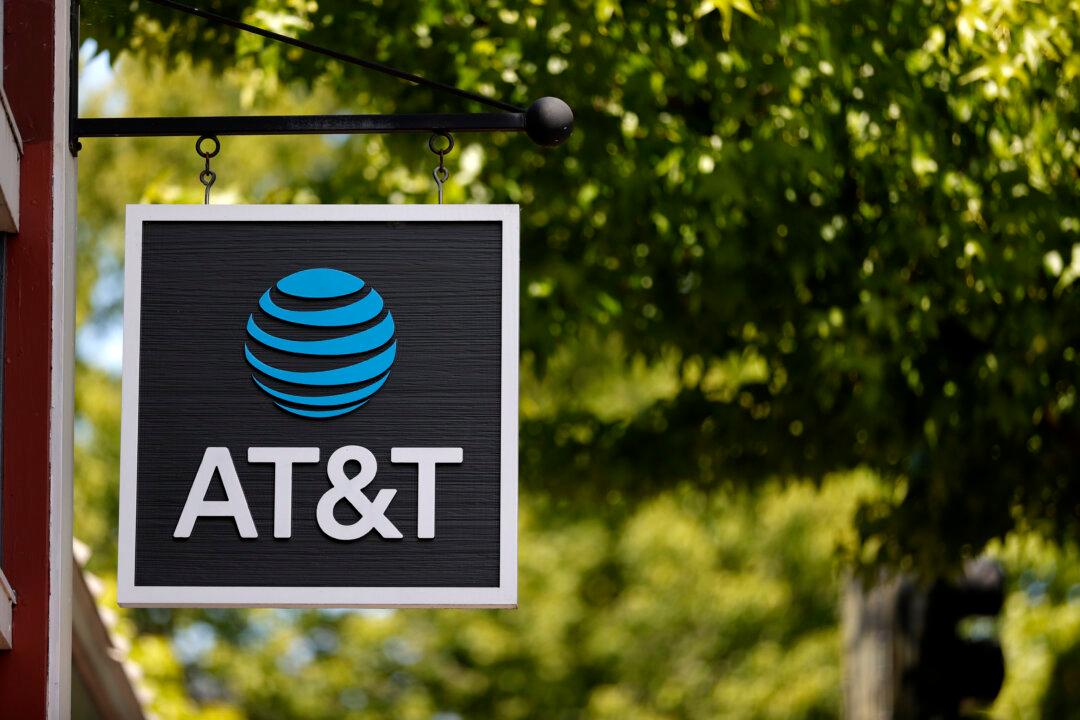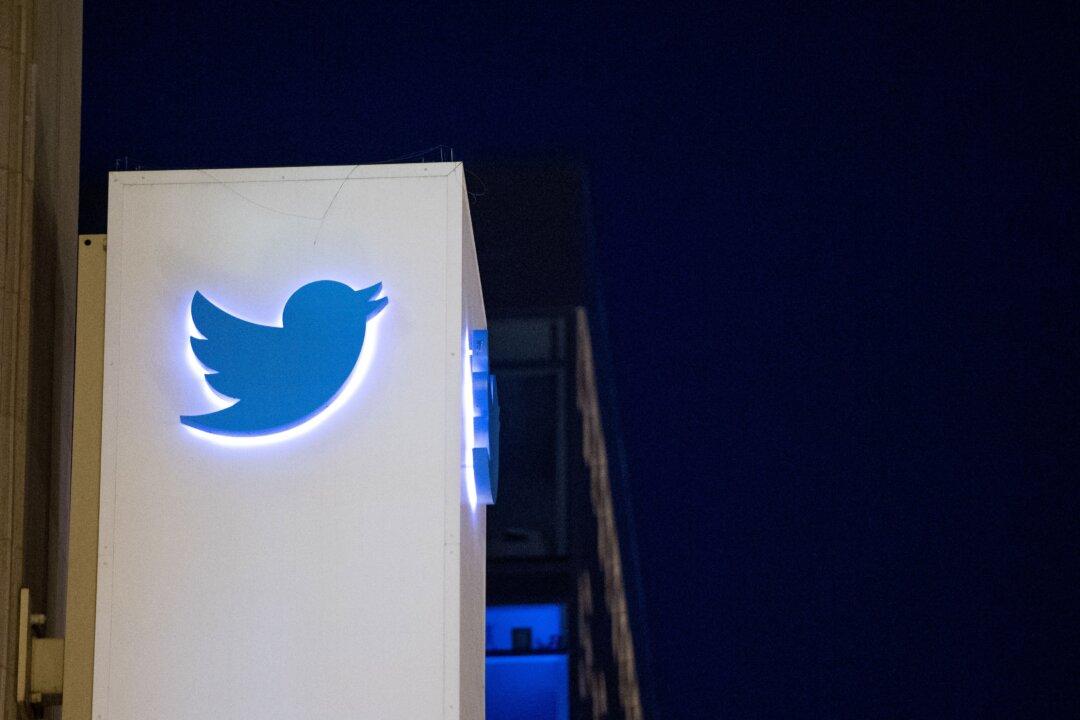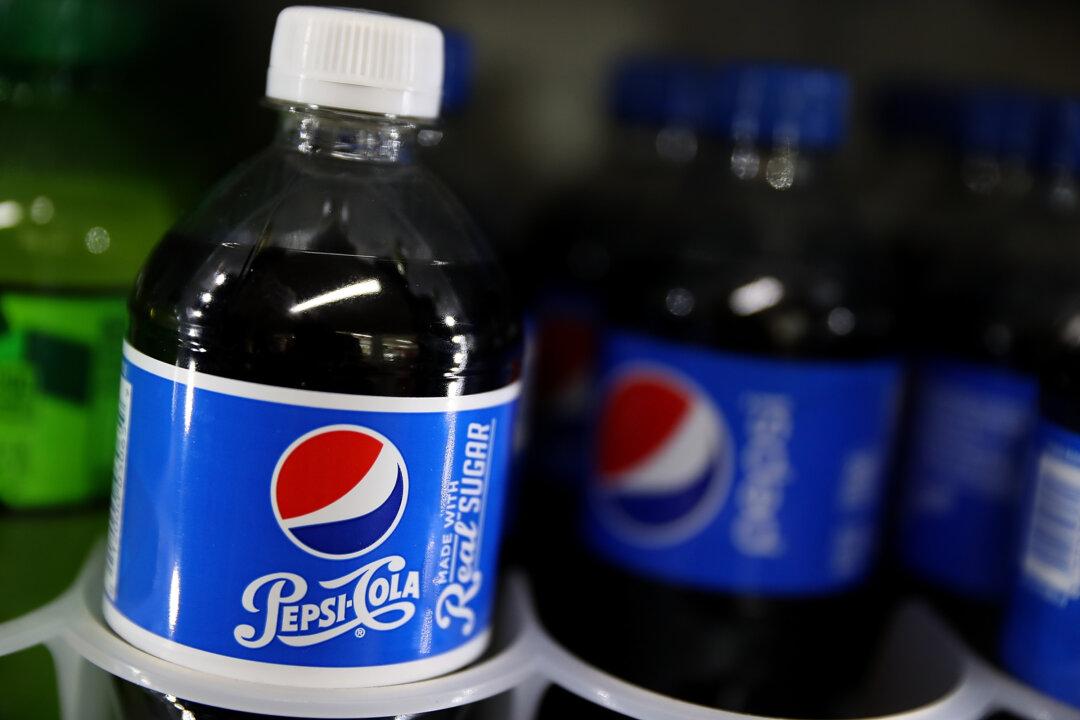U.S. wireless carriers and broadband-internet providers are fighting to win customers from each other, the Wall Street Journal reports.
Wireless carriers exploited the excess capacity on next-generation networks to win traditional broadband-internet users, while cable companies retaliated with new and cheaper cellphone plans.





